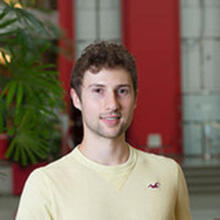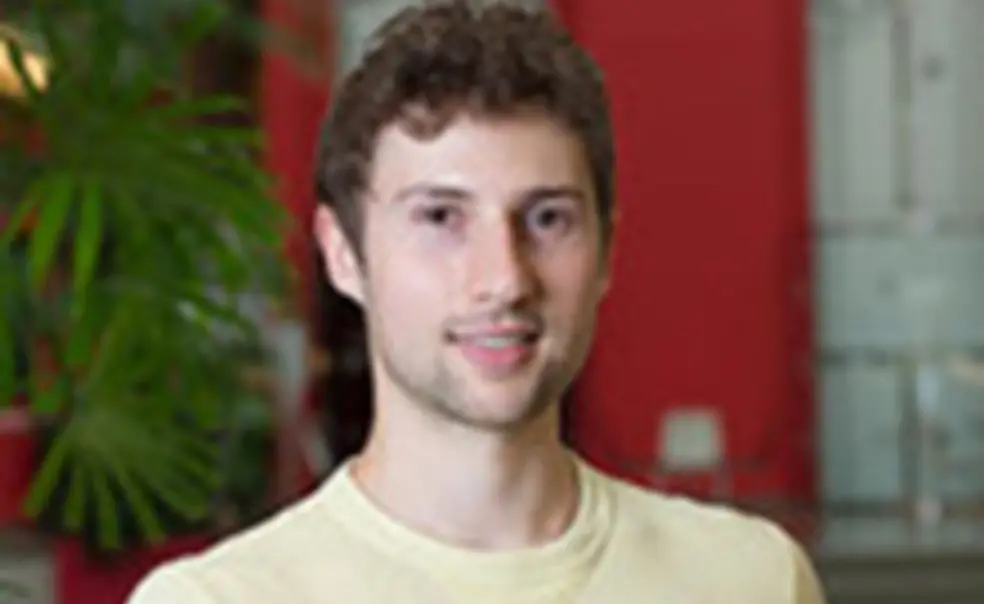Tiger of the Week: Mark Pavlyukovskyy ’13, Teaching Tech Skills Through Minecraft

After his junior year at Princeton, Mark Pavlyukovskyy ’13 traveled to Ghana, supported by a global-health fellowship, and developed a game-based curriculum to teach children about malaria. The effort seemed to be succeeding, Pavlyukovskyy said, but his work was cut short when he came down with a severe illness and had to be evacuated to Paris.
As he convalesced, Pavlyukovskyy had time to think about more ways to help kids in the developing world, and his thoughts kept coming back to technology. Skills like computer coding know no national boundaries, he reasoned, so “if you give people these tech skills, they can participate in the global economy.”
Pavlyukovskyy, a molecular biology major, didn’t know much about computer coding or electronics, but he vowed to learn more. Three years later, he’s still following that path, helping to spread tech skills around the globe through an educational startup called Piper. The company’s first product release is a “Minecraft toolbox,” a do-it-yourself computer kit that kids can build and then use to play an interactive version of the popular video game.
Piper, co-founded by Pavlyukovskyy, Shree Bose, and Joel Sadler, began with a basic, DIY computer that was sent to children in Kenya and India. Pavlyukovskyy and Bose also tested the product with American kids, who enjoyed building the physical components but were less excited about coding. Instead, they would ask, “Can we play Minecraft?” Raspberry Pi, the small computer that powered Piper’s kit, does have a version of Minecraft, so the Piper team devised a way to make the game part of the learning process, integrating the physical building of the computer with the virtual building environment of Minecraft.
Piper completed a Kickstarter campaign earlier this year, raising more than $280,000, and the company is now raising venture capital for its next phase. Pavlyukovskyy’s goals include reducing the price point of the Piper kit, to make it accessible to more children. In the process of launching the company, he’s been introduced to a “whole ecosystem of Princeton entrepreneurs,” including one of Piper’s financial backers, Luke Armour ’13, managing director of Chaac Ventures.
Pavlyukovskyy sees Piper as an educational company that is in tune with the “maker movement,” a tech-based extension of more traditional crafts and handiwork. “We believe that people inherently have the desire to build, to create, and make something new with your hands,” he said. “A lot of great things could happen in the world if we could empower people to do that.”












No responses yet